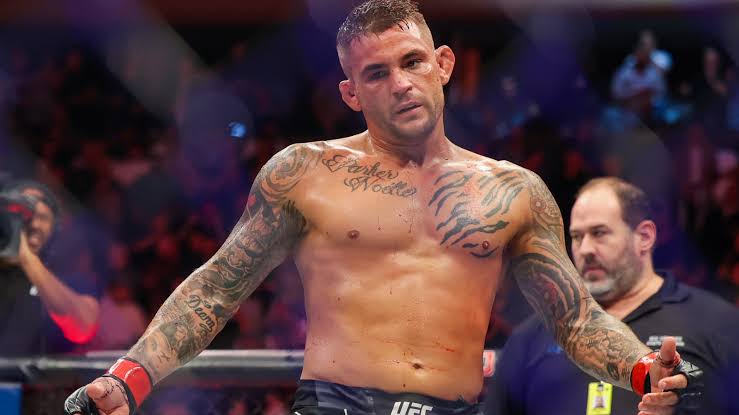In a recent interview between veteran MMA referee “Big” John McCarthy and former UFC fighter Josh Thompson, the spotlight turned to Dustin Poirier’s savvy negotiation tactics. Poirier, known for his prowess inside the Octagon, showcased a different kind of skill outside of it: strategic contract prioritization.
Thompson revealed insights into Poirier’s mindset, highlighting the fighter’s approach to leveraging public statements to influence contract negotiations. According to Thompson, Poirier strategically emphasized the importance of securing a favorable contract before committing to Dana White’s calls, effectively adding pressure on the negotiating table.
“Dustin basically said that to kind of try to get more pressure on them to get what he wanted in the contract negotiations, and if that’s true, good on him,” remarked Thompson during the interview. He emphasized the necessity of such tactics in the cutthroat world of professional fighting, where securing favorable terms can make all the difference.
Dustin Poirier Applauded for Strategic Contract Prioritization Amid Dana White Negotiations
Poirier’s decision to prioritize his contract negotiations demonstrates a keen understanding of the dynamics at play in the UFC’s business landscape. In an industry where fighters often face uphill battles in securing fair compensation, Poirier’s strategic maneuver reflects a calculated approach to safeguarding his own interests.
The applause for Poirier’s actions extends beyond mere admiration for his negotiation skills; it underscores a broader conversation surrounding fighter empowerment and fair treatment within the sport. As athletes increasingly assert their worth and demand equitable compensation, Poirier’s example serves as a rallying cry for fighters seeking to level the playing field.
Moreover, Poirier’s willingness to openly discuss the intricacies of contract negotiations sheds light on a typically opaque aspect of the fight game. By lifting the veil on these negotiations, Poirier provides valuable insight into the challenges faced by professional fighters and the strategies they employ to navigate them successfully.
In a sport where financial security can be elusive and contractual disputes are not uncommon, Poirier’s approach sets a precedent for fighters to assert themselves in negotiations and advocate for their worth. His actions serve as a reminder that fighters are not merely pawns in a larger chess game but active participants in shaping their own destinies.
As the MMA community reflects on Poirier’s strategic contract prioritization, one thing is clear: the era of fighters passively accepting whatever terms are offered to them is fading. In its place emerges a new generation of athletes who understand their value and are willing to fight for it—both inside and outside of the cage.













